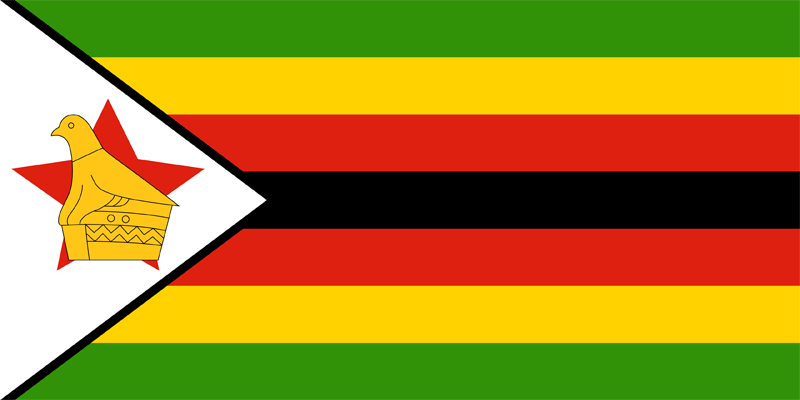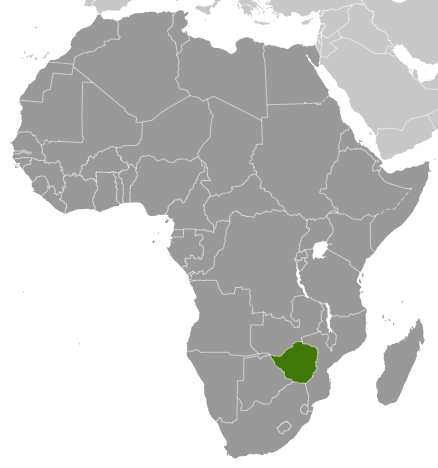HISTORICAL BACKGROUND
The situation in Zimbabwe offers an example of when a FOI law can be a negative force in society. The Access to Information and Privacy Protection Act (AIPPA) was signed by President Mugabe in February 2002. While the title refers to FOI and privacy and does provide for those rights in the text, the rights appear to be dormant. The main provisions of the law give the government extensive powers to control the media and suppress free speech by requiring the registration of journalists and prohibiting the "abuse of free expression." These powers have been widely abused.
On paper, AIPPA sets out rights and procedures for access that are similar to other FOI laws around the world. The Zimbabwe Government told the African Commission on Human Rights that the procedures were "moulded along the lines of Canada's laws on the same subject." There has only been one reported instance of the access to information provision being used by the opposition party.
The right of access may be exercised by any citizen or resident (but not an unregistered media agency or foreign government) to records held by a public body. Under the rules, the body must respond to a request in thirty days. There are exemptions for Cabinet documents and deliberations of local government bodies, advice given to public bodies, client-attorney privilege, law-enforcement proceedings, national security, intergovernmental relations, public safety, commercial information, and privacy. There is an unusual public-interest disclosure provision that allows the government to release information even if there is no request for a variety of reasons, including matters that threaten public order; the prevention, detection or suppression of crime; and national security. The law also includes provisions on access and use of personal information.
The Act created a Media and Information Commission which has mostly been functioning to restrict freedom of expression. Individuals can ask the Commission to review the decisions or actions of an agency. The Commission can conduct inquiries into the Act and order release of documents. Appeals can be made to an administrative court.
The controversial law was opposed by many governments, NGOs, media organizations and the UN Special Rapporteur on Freedom of Opinion and Expression because of the extreme restrictions it places on freedom of expression. Nearly all independent papers have been shut down and many journalists have also been arrested and jailed under the Act. It was amended again in January 2005 to allow for the imprisonment for two years of journalists who had not registered with the Commission. The Media Institute of Southern Africa (MISA) has reported that the passage of the Criminal (Codification and Reform) Act in June 2005 further narrowed the space within which journalists could operate. Under the law, Zimbabwean journalists now risk spending 20 years in jail for reporting on certain stories, as the new Act introduced harsher penalties than those provided for under the Public Order and Security Act (POSA) and the Access Act. In December 2005, the African Commission on Human and Peoples' Rights (ACHPR) issued a damning report on the suppression of fundamental rights through misuse of the Act, as well as the Public Order and Security Act and the Broadcasting Services Act (BSA). The ACHPR based many of its findings on a report provided by the Media Institute of Southern Africa (MISA), which argued that the Act "is a repressive piece of legislation enacted primarily to undermine the right to freedom of expression and stifle the exchange of ideas and information". Subsequently, the Zimbabwean Attorney General advised that the Minster for Information would be reviewing the Act to remove offending sections.
The Official Secrets Act also sets strict limits on the disclosure of government information without permission. Like the AIPPA, it also is used abusively. In January 2005, five officials were arrested under the OSA for breaching the Act by revealing the internal disputes of the ruling Zanu PF party to foreign governments in a case widely seen as an internal power struggle.
[Footnotes available in the full study]
2004 freedominfo.org Global Survey Results - Zimbabwe





















